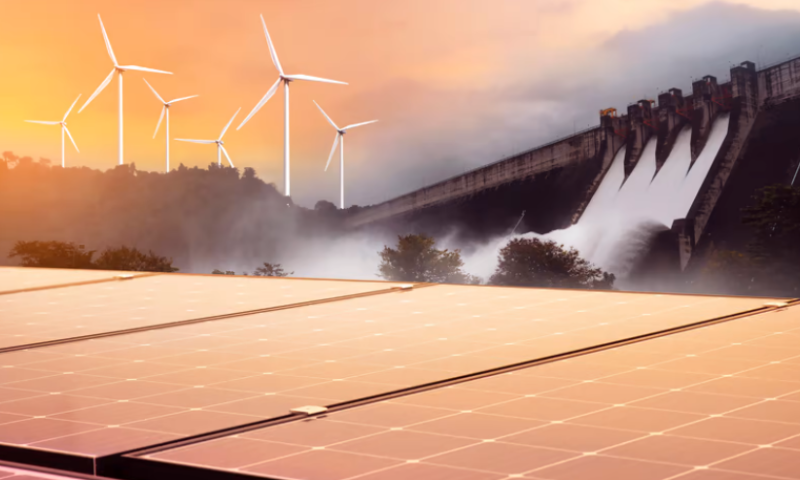Charles River Laboratories says all its facilities in North America and Europe will run on “100% renewable” electricity starting next year.
The firm shared details in its corporate citizenship report (PDF), explaining it has “entered into virtual power purchase agreements (vPPAs) for both North America and Europe to supply facilities in those regions with 100% renewable electricity beginning in 2023.” The company draws about 38% of its electricity from renewable energy sources as of the end of 2021, according to the report.
According to energy consulting group Enel X, under a vPPA the buyer—in this case Charles River—agrees to pay a renewable energy project a fixed price for energy it sells to an electricity grid, thereby allowing the project to secure financing. If the electricity sells for less than the contracted amount, the buyer pays the difference; if it sells for more, the buyer makes money.
Companies that sign vPPAs with renewable energy providers can claim they are “100% renewable” without having to put in onsite renewable generation systems or actually drawing the renewable power directly from the grid. They essentially help ensure that the project gets built, rather than actually powering their facilities with the resulting electricity.
A Charles River spokeswoman said the two arrangements “will provide all of our sites in North America and Europe with renewable electricity by the end of 2023.” The company has more than 50 locations in North America and over 40 in Europe.
Charles River also approved and funded sustainability projects that it says will “reduce and avoid” annual scope 1 and 2 greenhouse gas emissions by approximately 3%,” according to the report.
Emissions are categorized into scopes under the Greenhouse Gas Protocol, an industry framework for private and public sector organizations. Scope 1 covers direct emissions while scope 2 refers to indirect emissions from purchased electricity, steam, heating and cooling consumed by the reporting company. Charles River also revealed that, as of the end of 2021, it achieved a 25% reduction in scope 1 and 2 emissions.
In a press statement, CEO Jim Foster said the company is at a point in its history where supporting environmental, social and governance business practices is “critical to our future.”

